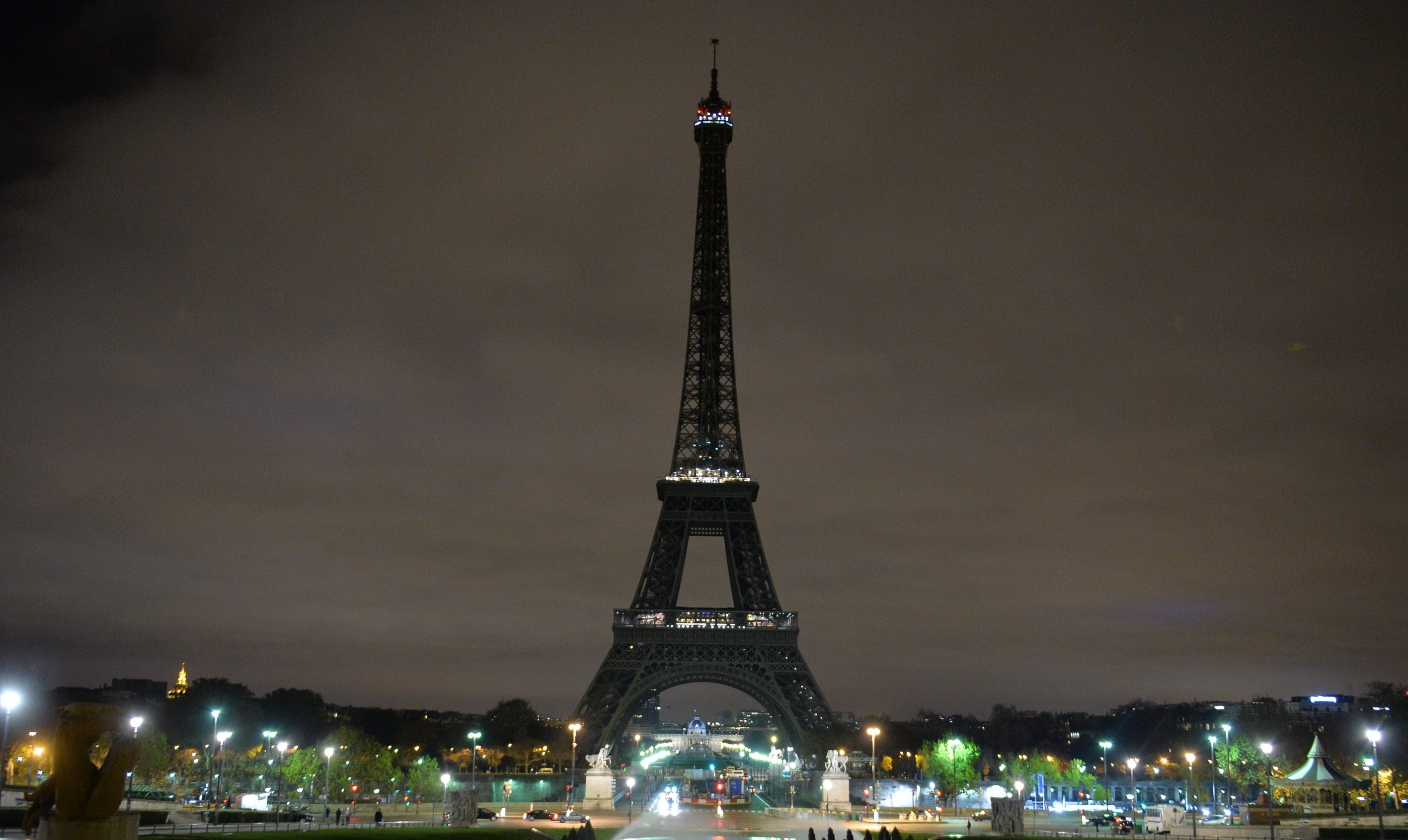
Europe is dealing with one of the worst power crises as energy prices rise. The situation will also force the Eiffel Tower, one of the most visited monuments on the globe to go dark early.
Eiffel Tower: Lights out, an hour early

Europe is dealing with soaring energy rates that are worsened due to the Russia-Ukraine conflict. Paris is expected to recommend the Eiffel Tower will go dark one hour earlier than usual. The Tower uses a sophisticated lighting system that illuminated it from dark until 01:00 am, offering a golden glow. Additionally, there are 20,000 flashing bulbs that offer a five-minute glitter every hour from dusk onwards. However, the monument will no longer shine at midnight since the city hall’s new proposal will have it go dark 15 minutes before midnight.
“It’s an eminently symbolic gesture to participate in raising awareness about the need to save energy. It’s a highly symbolic gesture – part of the growing awareness around energy sobriety,” stated Jean Francois Martins to The Guardian. Martins is the head of the Societe d’Exploitation de la Tour Eiffel (SITE). The Eiffel Tower receives over 20,000 visitors every day. On Thursday night, to honor Queen Elisabeth II’s passing, the Eiffel Tower went dark.
More on reducing energy consumption:
The decision to reduce lighting is also an example of the overall decrease in the consumption of energy. According to SITE, the monument’s nighttime lighting accounts for four percent of its annual consumption. Moreover, by the end of September, monuments in Marseille including the Pharo palace will darken earlier. Other authorities across the continent are planning similar nighttime lighting plans for other important monuments. In Berlin, night lighting was reduced for several monuments during the summer. The Victory Column, Jewish Museum, and Kaiser Wilhelm Memorial Church are some of the famous ones.
